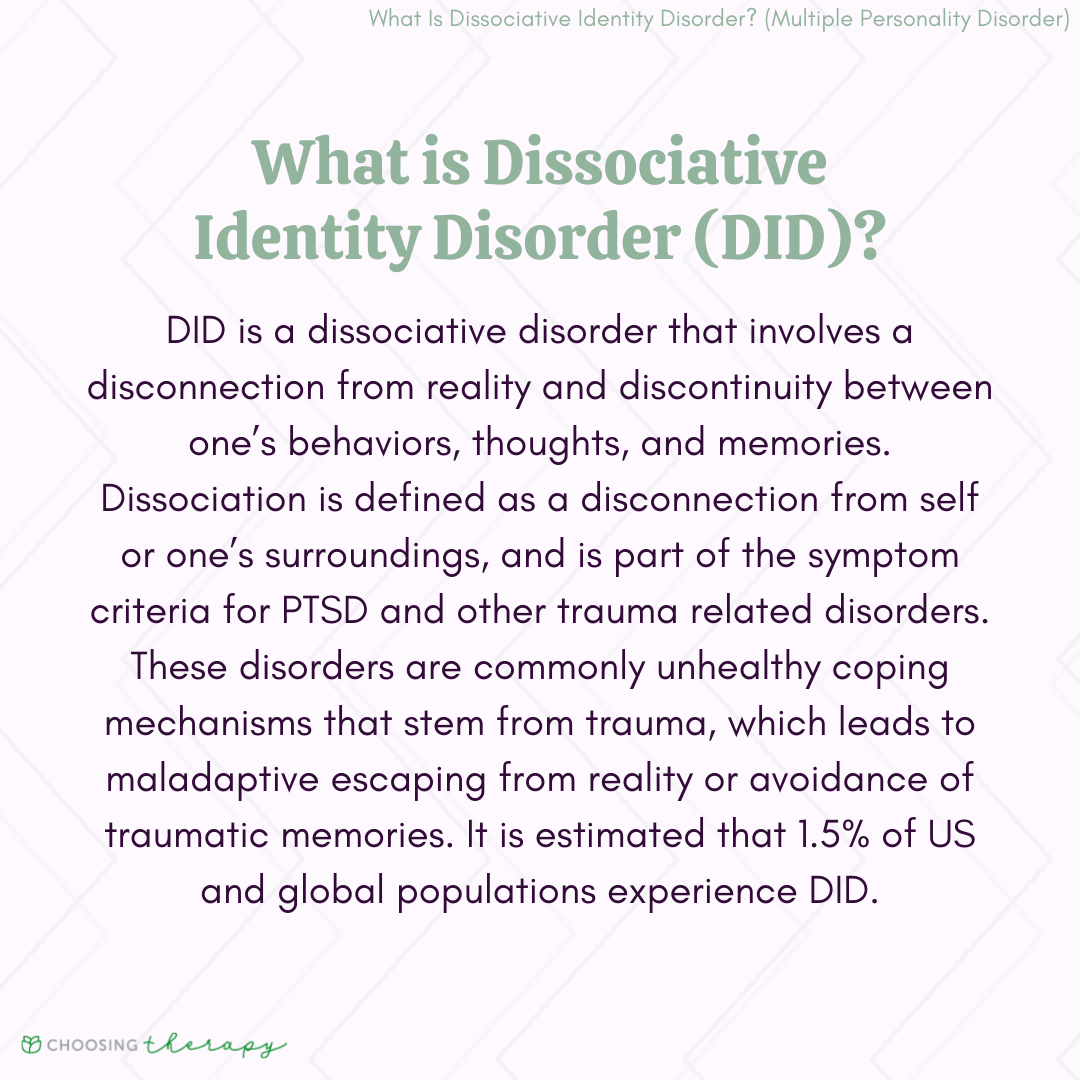Discover the Benefits of a Wellness Center: Your Pathway to Holistic Well-Being
Understanding the Modern Wellness Center
A wellness center is a dedicated facility designed to support and optimize your health, focusing on prevention, recovery, and personalized self-care. Unlike traditional clinics that treat specific illnesses, wellness centers nurture the mind, body, and spirit together, offering a holistic approach that considers your entire lifestyle and well-being. This comprehensive philosophy sets wellness centers apart, making them increasingly popular for individuals who seek not just to treat, but to enhance their overall quality of life. [1] [4]
Types of Wellness Centers and Their Unique Focus
Wellness centers come in various forms, each offering a unique combination of services. Understanding these differences can help you select the right center for your needs:
- Medical Wellness Centers : Operated by physicians or nurse practitioners, these centers combine diagnostic tools with lifestyle medicine programs for preventative and ongoing care.
- Holistic/Integrative Spas : These provide services such as massage, acupuncture, energy work, and skin treatments, often in a tranquil, resort-like environment.
- Fitness-Focused Studios : Combining gym memberships with services like physiotherapy, nutrition coaching, and recovery therapies (such as cryotherapy and infrared saunas).
- Corporate and Campus Centers : On-site facilities for employees or students, offering fitness classes, counseling, and health screenings to promote general well-being. [1]
Despite their differences, these centers share a focus on prevention and whole-person care , working with you to build a personalized roadmap to feeling your best.
Services Offered at Wellness Centers
Wellness centers typically provide a broad menu of services aimed at supporting both physical and mental health:
- Nutrition Consulting : Meet with licensed nutritionists to develop personalized meal plans and address specific health goals. Nutrition counseling may help manage chronic conditions, support weight loss, or simply improve daily energy and mood. [3]
- Personal Training and Fitness : Access to group fitness classes or one-on-one training with certified instructors who tailor exercise programs to your ability and goals. This often includes strength training, yoga, Pilates, and functional movement. [3]
- Mental Health Support : Many centers offer counseling, stress management workshops, meditation, and mindfulness services to help you maintain emotional balance. [4]
- Massage and Bodywork : Services such as massage therapy, acupuncture, and chiropractic care help alleviate stress, pain, and support recovery from injuries. [4] [5]
- Holistic and Alternative Therapies : You may find services like naturopathy, Ayurveda, detox programs, and energy healing, blending modern science with ancient healing traditions. [4]
Not every center offers the same range of services, so it’s important to check each facility’s offerings and verify staff credentials before starting any program. [3]
What to Expect When Visiting a Wellness Center
When you visit a wellness center, you can expect a welcoming, supportive environment where your needs are assessed holistically. Most centers begin with an initial consultation to discuss your health goals, medical history, lifestyle, and any particular areas of concern. A tailored plan is then developed, which may include a blend of services such as fitness training, nutritional advice, stress reduction techniques, and bodywork therapies. [1]

Source: undergradeasier.com
For example, someone experiencing chronic stress might be guided toward a mix of yoga classes, nutritional counseling to support adrenal health, and regular massage therapy. Another client focused on fitness might receive a personal training program complemented by physiotherapy and mindfulness sessions. The key is the integrated, individualized approach.
How to Access Wellness Center Services
Accessing the benefits of a wellness center is often straightforward, but the process can vary:
- Identify Your Goals : Determine whether you are seeking general well-being, support for a specific health concern, or a preventative approach. This will help you select the right type of center and services.
- Research Local Centers : Search online using terms like “wellness center near me,” review official websites, and check for reviews on platforms such as Yelp or Google. Verify the credentials of practitioners and the range of services offered.
- Initial Consultation : Most centers offer an intake process or consultation. Some may require a physician’s referral, especially if offering medical or therapeutic services. Be prepared to share your health history and goals.
- Insurance and Payment : Coverage for wellness center services varies. Some medical or corporate wellness programs may be included in your health plan, while more holistic or alternative therapies may be self-pay. Check with your provider and insurance company for details.
- Ongoing Participation : Results from wellness programs often depend on consistent participation. Many centers offer packages or memberships for ongoing support. Ask about trial sessions, discount packages, or multi-service bundles.
If you’re seeking a reputable wellness center, consider asking your primary care provider for referrals, or look for centers affiliated with established health organizations. For those interested in insurance reimbursement, contact your health insurance company and ask about covered wellness services.
Real-World Example: The Impact of Wellness Centers
Consider the case of a corporate wellness center established at a large tech company campus. Employees reported reduced stress, improved productivity, and lower absenteeism after participating in regular yoga and nutrition seminars. Another example is a community holistic center offering sliding-scale rates, which enabled underserved populations to access mental health counseling and chronic disease management support. These case studies demonstrate the adaptive nature of wellness centers to serve diverse populations and health needs. [1]
Potential Challenges and Solutions
One common challenge is the variability in service scope and practitioner qualifications. Since the term “wellness center” can encompass a wide range of facilities, it’s important to:
- Verify practitioner credentials, especially for medical or therapeutic services.
- Ask for a detailed service menu and pricing before committing.
- Clarify what is included in memberships or packages.
- Be cautious of centers making guarantees or unverified health claims.
If you encounter barriers such as high cost or limited location options, consider alternatives like virtual wellness programs, community health initiatives, or employer-sponsored wellness benefits.

Source: shipex.com
Alternative Approaches to Achieving Wellness
If access to a dedicated wellness center is not feasible, there are other ways to pursue holistic health:
- Participate in community fitness classes at local gyms or parks.
- Seek virtual nutrition counseling or mental health services through reputable telehealth platforms.
- Practice mindfulness and stress reduction using guided apps and online resources.
- Consult your primary care provider for integrative health recommendations.
These alternatives can be effective interim solutions or supplements to in-person wellness center services.
Key Takeaways
Wellness centers offer a unique, integrative approach to health, addressing prevention, recovery, and lifestyle transformation in one location. With services tailored to mind, body, and spirit, they provide a sanctuary for individuals seeking comprehensive well-being. Whether you access services in person or utilize alternatives, prioritizing holistic self-care has the potential to improve long-term quality of life.
References
MORE FROM oncecoupon.com













